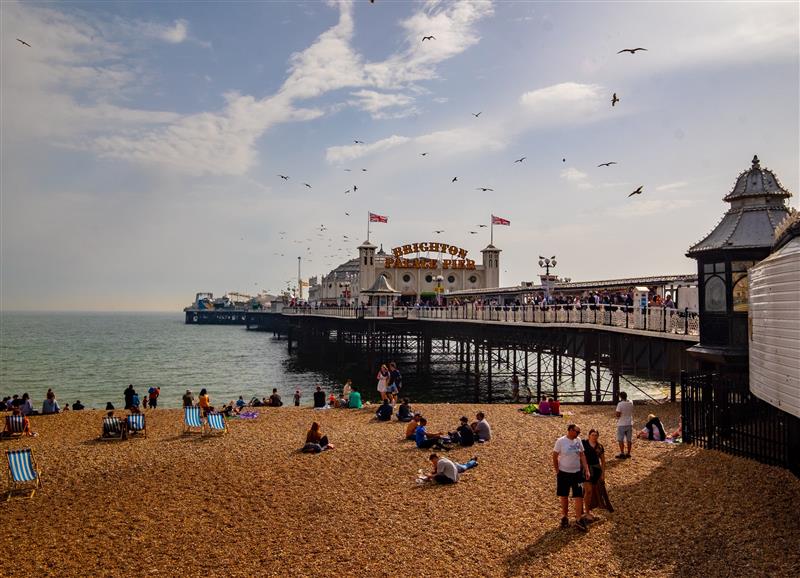
The UK tourism market has undergone significant changes in the post-pandemic era. Now lockdown restrictions seem a distant memory, people have eagerly embraced leisure activities and sought ways to reconnect with their favourite pastimes. But now consumers once again have unrestricted access to overseas travel, what’s stuck and what’s returned to normal?
Here’s 5 trends we’ve spotted in 2023, and how to capitalise on them.
1.Train travel: As many people continue to work more regularly from home, rail has seen a huge shift towards leisure travel. Q1 2023, LNER reported passenger journeys at 111% versus 1999 and their research has found 65 per cent of people planning to take a leisure trip within the UK in the next 12 months.
The shift is so great that the rail industry is trialling carrying out essential engineering works during the week to keep customers moving at the weekend. Have you considered using your proximity to rail connections in your messaging?
2. Sustainability: There’s a growing focus on sustainability and eco-friendly practices within the leisure sector, with 69% of travellers reported to be actively seeking sustainable travel options. World Travel and Tourism Council (WTTC) Research shows that this is particularly prevenient in the luxury sector, with around three quarters of high-end travellers considering paying extra to make their travels more sustainable.
Sustainability covers a wide range of issues, from the carbon required to get there, to protecting local communities and the environment. If your business is helping the local community, are you communicating this enough to your potential customers?
3. Outdoor activities: The pandemic gave us a greater appreciation for open spaces and fresh air. Outdoor activities have become increasingly popular with parks, gardens, and countryside areas witnessing a surge in visitors. If you’ve an outdoor element to your business, is it something you could emphasise further in your marketing?
4. VFM: As inflation bites, consumers are having to cope with rising living costs, stagnant discretionary incomes, and general uncertainty. On one hand, there is a strong desire to engage in fun experiences and activities, on the other hand, budgetary constraints lead consumers to adopt a more subdued approach to spending.
Understanding how to communicate the value of your product and addressing consumer motivations will be crucial for businesses operating in the leisure sector this year.
5. Digital Transformation: The leisure and hospitality industry witnessed a digital transformation during the pandemic. Businesses that barely had a website adapted to online booking, restaurants that once only took cash let you order and pay on your phone. Online platforms and apps have become essential tools for booking activities, classes, and events – consumers now expect a seamless digital booking experience. Prioritise what can you do to reduce steps in the customer journey and reduce friction when it comes to taking bookings.
If you’d like to understand more about how Smithfield can help your leisure or hospitality business, please contact us today.
